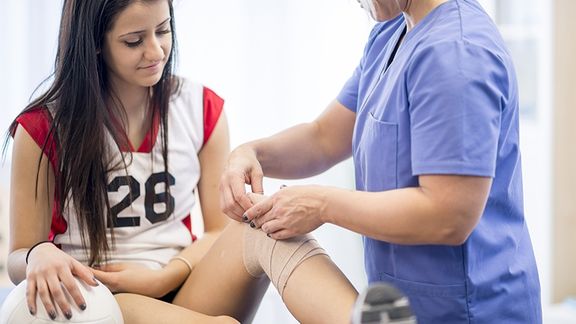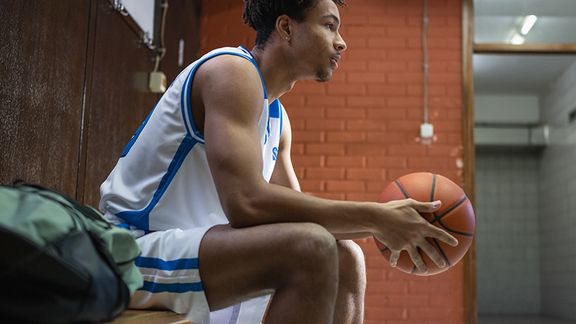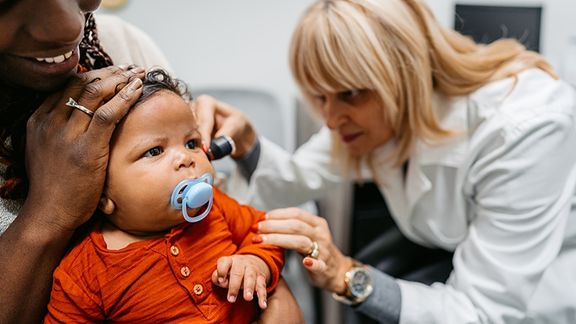A concussion is a brain injury caused by a jolt or blow to the head. It can also occur from a body blow that violently shakes the head. Unlike many injuries, concussions often have subtle symptoms that may not appear immediately. This makes them difficult to diagnose, especially in athletes who may downplay their symptoms to return to play. Children, teens, and athletes of all ages are at risk.
Signs to look for include dilated pupils, slurred speech, worsening headaches, confusion, or loss of consciousness. If they do show some of these signs, you may want to go to the emergency department for a physical examination.
QMG’s Orthopedics & Sports Medicine Department offers a free concussion screening clinic to area athletes injuring during a game or practice.
Free Sports Concussion Screening Clinic
No Appointments Necessary
1118 Hampshire, First Floor, Quincy, IL
Monday – Thursday
8 a.m. – 3 p.m.
Friday
8 a.m. – 11 a.m.
If you think your child has experienced a concussion outside of school athletics you can give us a call at (217) 222‑2663 for an appointment. We also offer evaluations for other sport-related injuries.












